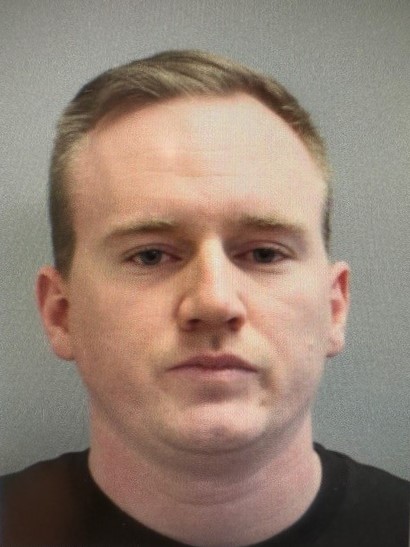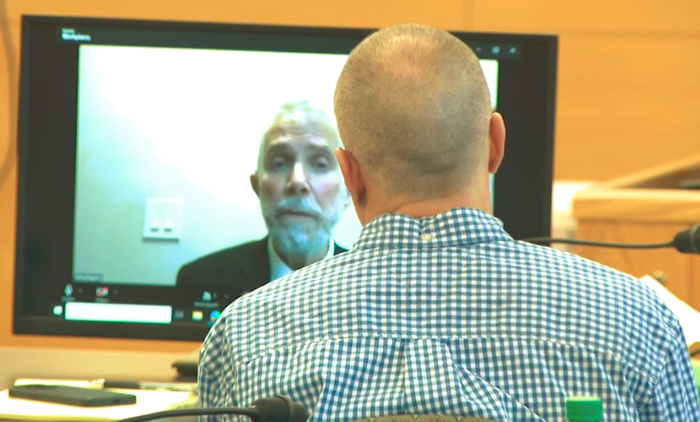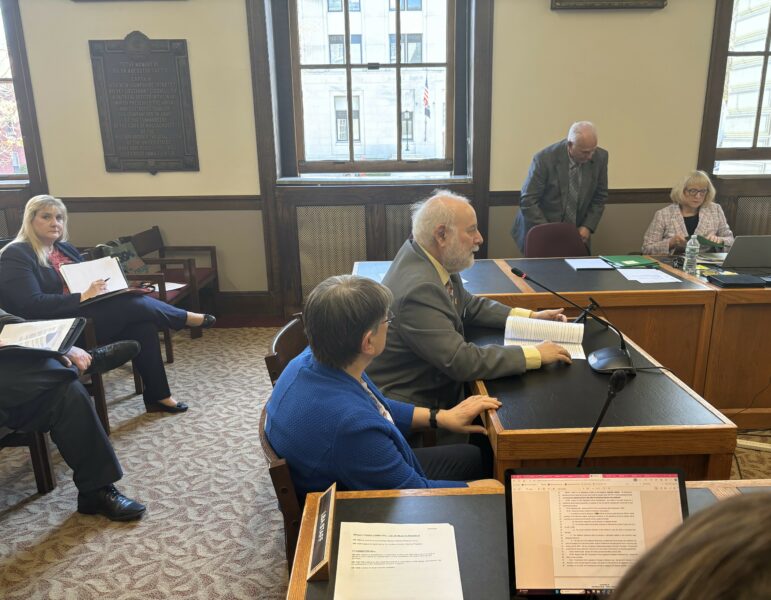By Former GOP House Speaker William O’Brien
Free markets, driven forward by open competition and unconstrained by burdensome regulations, have always been the surest route to prosperity. Dedication to this principle distinguished New Hampshire from its neighbors and led to the most vibrant state economy in the Northeast. It created jobs for all who wanted to work.
We allowed companies to succeed or fail without government support and that brought decades of low unemployment, strong and thriving communities and a shared belief that this state was an ideal home. We were the envy of the Northeast and an example to the nation of how small, limited, and non-intrusive governments freeing markets for competition is the genius of the American experience.
Unfortunately, over the years we lost this focus — even as we continue to understand the superiority of free markets unfettered by unnecessary government involvement.
I am sure we have not forgotten that government efforts to choose market winners and losers end up being not just harmful to the disfavored – the losers – but also self-defeating for the winners. Nowhere in New Hampshire is this more evident than in the biomass power generating industry, which now exists only on government subsidies.
If these plants were locally-owned “mom and pop” operations, we might compromise free market principles in favor of local benefits to New Hampshire-owned companies. But this is not the case for the six biomass plants favored by government-mandated inflated electric rates under consideration in Senate Bill 365.
None of these plants are locally owned. They are not mom and pop operations. While a couple of these plants are owned by U.S. out-of-state utilities and major holding companies, the remaining beneficiaries of these mandated, inflated subsidies are foreign mega-utilities. The plants in Tamworth and Bethlehem, for example are owned by GDF Suez – a French company with over $200 billion in assets. Whitefield and Springfield are owned by the slightly smaller East-West Power – a Korean company worth $162 billion.
$200 Billion and $160 Billion in assets. It sounds like the Korean taxpayers – just like French stockholders – are well taken care of without having to wring more money out of some of the highest burdened electrical rate payers in the United States — NH electrical power consumers.
And what is the financial argument for these foreign corporations getting more money? Why do they need it? We don’t know, and they won’t tell us. Even though many of these plants having already received $2 billion in subsidies from NH ratepayers since the 1980’s, they have never disclosed their financials.
Understand what this means. When average citizens apply for welfare, their finances are scrutinized to ensure the assistance is really needed. But corporate welfare? If you are a French or Korean utility company and you want billions in corporate welfare, all you need do is say “Green Energy” and “Jobs” and then expect New Hampshire ratepayers to foot the bill. Worst of all, the regressive nature of these subsidies means they hit our most vulnerable citizens the hardest. It is outrageous to ask a senior citizen on a fixed income to line the pockets of French and Korean utility executives.
This must end, and we can end it. We must return to the free markets that allow the real “mom and pops” to prosper, free from corporate subsidies driving up their electric rates. We receive no benefit sending yet more money to electric utility investors and government owners in Paris and Seoul, while NH businesses and consumers suffer under job-destroying electric rates. Opposing SB 365 is a good place to start ending this corporate welfare.
Views expressed in columns and opinion pieces are those of the author and do not reflect those of InDepthNH.org.





